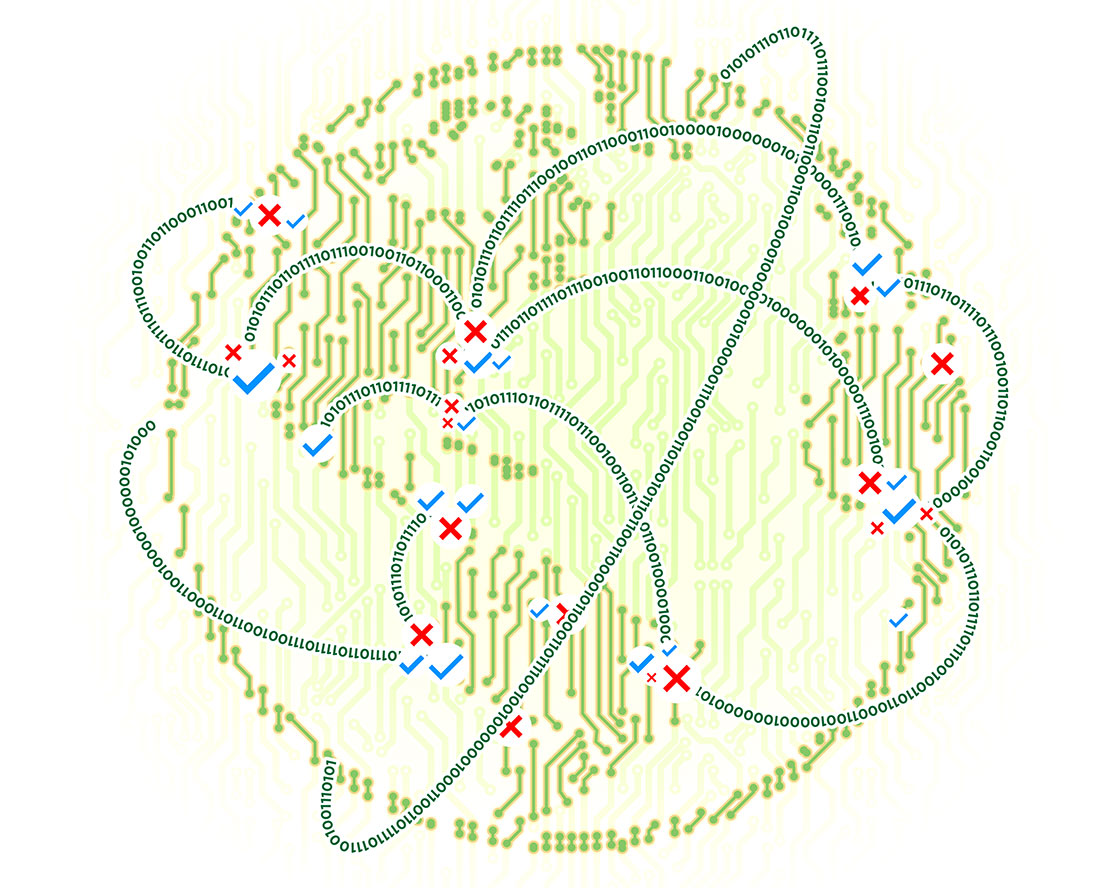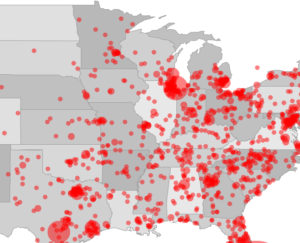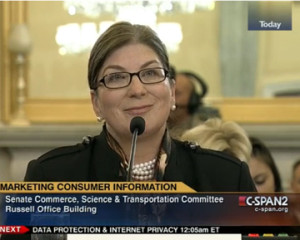Report: From the Filing Cabinet to the Cloud: Updating the Privacy Act of 1974
This comprehensive report and proposed bill text is focused on the Privacy Act of 1974, an important and early Federal privacy law that applies to the government sector and some contractors. The Privacy Act was written for the 1970s information era — an era that was characterized by the use of mainframe computers and filing cabinets. Today’s digital information era looks much different than the ’70s: smart phones are smarter than the old mainframes, and documents are now routinely digitized and stored and perhaps even analyzed in the cloud, among many other changes. The report focuses on why the Privacy Act needs an update that will bring it into this century, and how that could look and work. This work was written by Robert Gellman, and informed by a two-year multi-stakeholder process.




